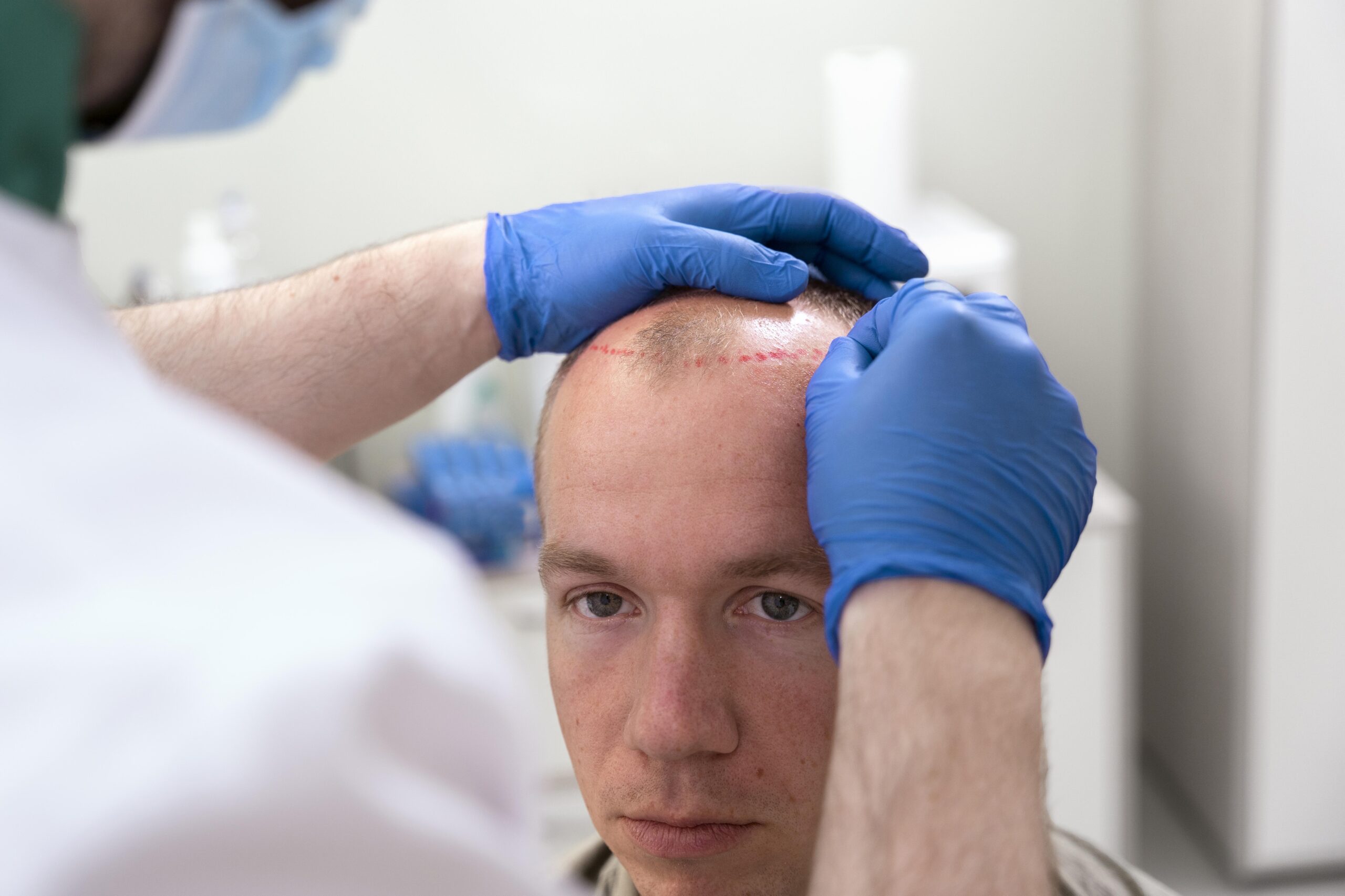- +90 (530) 382 36 10
- Tatlısu, Haliç Sk. Building No:31, Floor:9 Apartment No:35, 34774 Ümraniye/Istanbul
- Monday - Saturday 09.00 - 17.00
Stem Cell Therapy
Contact
- +90 (530) 382 36 10
- info@esteseven.com
- Tatlısu, Haliç Sk. Building No:31, Floor:9 Apartment No:35, 34774 Ümraniye/Istanbul
- Monday - Saturday 09.00 - 17.00
Our Services
Blog
1. What is Stem Cell Therapy?
Stem cell therapy is an innovative approach to repair damaged tissues and treat various diseases. Stem cells have the potential to develop into any cell in the body, making them highly valuable in the field of medicine. This treatment shows promising results, especially in chronic diseases, degenerative diseases and tissue damage.
2. Potential Benefits of Stem Cell Therapy
Stem cell therapy has the potential to revolutionize the treatment of various health problems. It can improve many serious conditions such as Parkinson's disease, Alzheimer's, Type 1 diabetes and some types of cancer. It can also be effective in areas such as heart disease, spinal injuries and skin regeneration. Stem cells work by repairing damaged tissues or replacing diseased cells.
3. Stem Cell Treatment Process
The stem cell treatment process involves collecting, processing and re-injecting stem cells into the patient's body. These stem cells can be collected either from the patient (autologous) or from a donor (allogeneic). The harvested stem cells are stimulated in the laboratory to differentiate into specific cell types and then returned to the body to treat damaged or diseased tissues.
4. Areas where Stem Cell Therapy is Applied
Stem cell therapy is recognized as a potential treatment for a wide range of medical conditions. These include bone marrow diseases, some types of cancer, nervous system diseases and musculoskeletal injuries. It is also used to treat heart disease, diabetes and certain autoimmune diseases.
5. Risks and Side Effects of Stem Cell Therapy
Like any medical treatment, stem cell therapy has potential risks and side effects. These risks can include infection, immune reactions or the treatment not having the expected effect. In allogeneic treatments, i.e. when donor cells are used, there is also the possibility that the body may react to the cells coming from outside.
6. The Future of Stem Cell Therapy
Stem cell therapy is a constantly evolving field and researchers continue to discover new areas of application. This therapy promises great advances, especially in areas such as regenerative medicine and tissue engineering. In the coming years, stem cell therapy is expected to become more effective and accessible, which could offer a glimmer of hope for a wide range of diseases.



